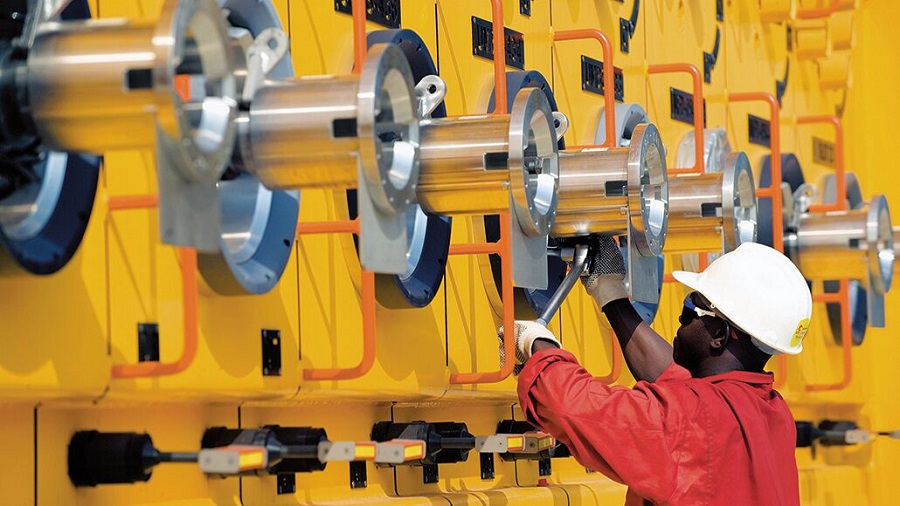In 2017, NIPCO Investments Limited took over the 60% majority equity stake of ExxonMobil Oil Corporation in Mobil Oil Nigeria Plc, in a deal estimated to be valued at $301 million.
Barely three years later, the board of directors of 11 Plc. (formerly referred to as Mobil Oil Nigeria Plc) approved the voluntary delisting of 11 Plc. from the Nigerian Stock Exchange (NSE).
Minority shareholders are growing wary of getting a good return on their investment in the leading oil company as the current value of the stock trades at N228.
READ: Total Nigeria Plc records 0.7% increase in 2020 FY pre-tax profits
Khalil Woli an Oil & Gas analyst at CardinalStone Partners in an exclusive interview with Nairametrics shared insights on the exit price minority holders are anticipating after shareholders approved the delisting of the stock from the NSE at the Annual General Meeting (AGM) on October 19, 2020,
Woli said, “According to SEC rules, the company has to offer a price not lower than its highest in the last six months to minority shareholders in the event of a ticker delisting. MOBIL’s highest trading price in the last six months is N249.95, a 9.6%% premium to its last closing price of N228.00.”
READ: Unilever Overseas Holdings acquires N352 million worth of shares of Nigerian subsidiary
Although as a growing amount of investors become nervy about whether the delisting process would ever see the light of day, Olamide Adeboboye an investment analyst at an investment outfit based in Lagos, dampened such anxiety on the bias that the margins of the company under review has improved significantly amid an era of no subsidy;
“I think they will go ahead with the delisting. I guess the delay is just to buy some time for some pick up in the share price given the margin between six-month high and current price.
“Since margins are expected to improve for the downstream players this year, following an end to the subsidy regime. I think we might see them conclude the process towards the later part of the year,” Adeboboye said.
However, Olamide explained in detail that 11 Plc’s business model wasn’t so rock solid, as its core business failed to hit stock experts’ expectations. She said, “Though its core business has not reported a solid performance so far, it’s gotten a bit of support from the real estate and hospitality business, making the company record one of the highest margins in the industry.”
READ: The Peace Mass Transit deal explained – C&I Leasing boss
Corroborating Olamide’s bias, Woli broke down the leading downstream company’s balance sheet as he stated;
“Across the domestic downstream landscape, MOBIL is the least susceptible to earnings volatility due to support from its real estate business. However, earnings took a massive hit in 9M’20 on weaknesses from the core downstream business. For context, rental income contributed about 92.5% of operating profit at the end of 9M’20, compared to its five-year average of 61.2%.
“In FY’21, we expect a turnaround in fortunes in its core operations, as businesses and travels resume on a commercial scale. Recent improvements in lubricant demand are also likely to be supportive in the near term. Our positive outlook also considers income stability from its real estate business, which has defied frailties in the broad economy.”
READ: How to own your home in 5 years without a mortgage
Bottom line
Minority shareholders are banking on the NSE delisting rules in earning at least a premium on their investment irrespective of the company’s recent performance and current share value in play.























